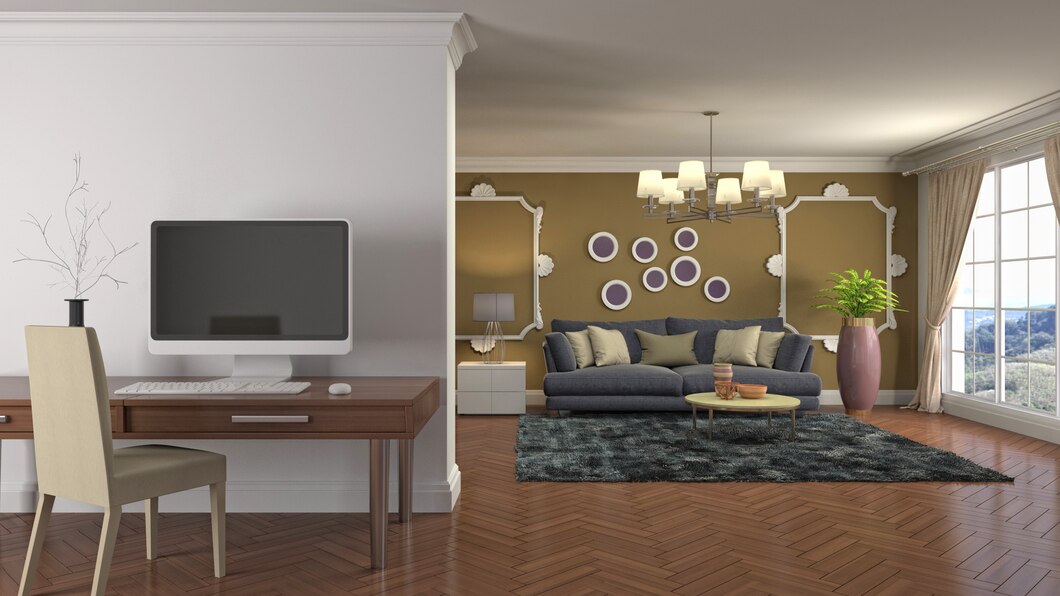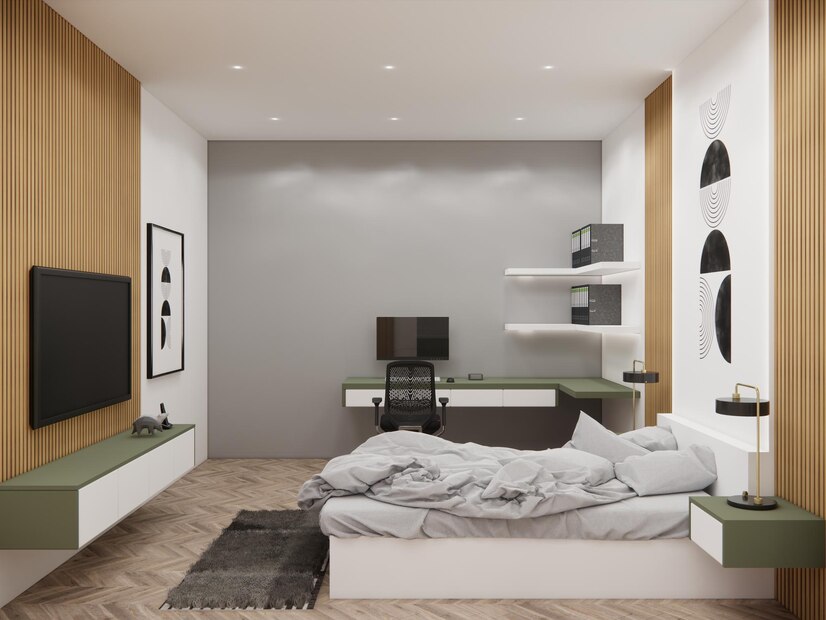
This comprehensive course is tailored for architects, designers, and visualization professionals seeking mastery in V-Ray, a leading rendering engine for architectural visualization. Participants will delve into the intricacies of lighting, shading, and rendering to create stunning and realistic visualizations. The course covers both the fundamentals and advanced features of V-Ray, equipping participants with the skills to produce high-quality renderings for architectural projects
V-Ray for Architectural Visualization
| Batch Start's On | Course Duration | Format |
|---|---|---|
| Every Monday | 80 hrs. | online/offline |
Lifetime access to which has class presentations, quizzes, installation guide & class recordings.
Lifetime access to our 24x7 online support team who will resolve all your technical queries.
Successful completion of the final project will get you certified as a Professional in AutoCAD Software
Access to the global community forum for all our users that further facilitates learning through peer interaction and knowledge
Advanced Skecthup Course for Architecture Course Certification
What is V-Ray, and what does it do in the context of 3D rendering?
V-Ray is a high-performance 3D rendering software widely used in various industries, including architecture, design, and animation. It enhances the realism of 3D models by simulating realistic lighting and materials.
Which 3D modeling applications are compatible with V-Ray?
V-Ray integrates with a variety of 3D modeling applications, including Autodesk 3ds Max, SketchUp, Rhino, Cinema 4D, and others, providing flexibility for users to work with their preferred software.
What are the key features of V-Ray that contribute to realistic rendering?
V-Ray's key features include advanced lighting and shading algorithms, global illumination, accurate material simulations, and a robust set of tools for creating photorealistic renders.
How does V-Ray handle complex scenes and large-scale projects?
V-Ray is designed to handle complex scenes and large-scale projects efficiently through features like distributed rendering, which allows users to use multiple computers to render a single image or animation
Can V-Ray be used for interactive rendering and real-time visualization?
Yes, V-Ray offers interactive rendering features, allowing users to make adjustments to scenes and see the results in real-time. This facilitates a more iterative and efficient workflow.
Are there specific system requirements for running V-Ray, and is it suitable for beginners?
V-Ray has specific system requirements based on the version and platform. While it is a powerful tool used by professionals, it also offers user-friendly interfaces and tutorials, making it accessible for beginners.


